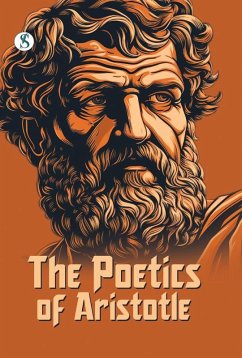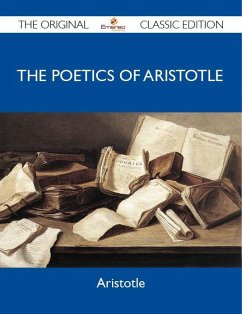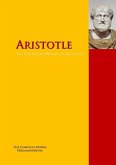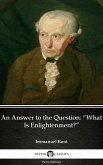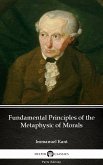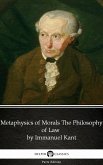Aristotle's reaction to his teacher Plato's claim in The Republic that poetry is merely the portrayal of appearances, which is deceiving and immoral, can be found in The Poetics. The way that Plato and Aristotle approached the phenomenon of poetry is very different. Aristotle examines literary texts as a natural scientist, carefully accounting for the characteristics of each "species" of writing. He is fascinated by the intellectual task of creating categories and arranging them into coherent systems. Aristotle tries to explain the social role and ethical utility of art, as opposed to Plato's conclusion that poets should be exiled from the ideal society.
Dieser Download kann aus rechtlichen Gründen nur mit Rechnungsadresse in A, D ausgeliefert werden.

